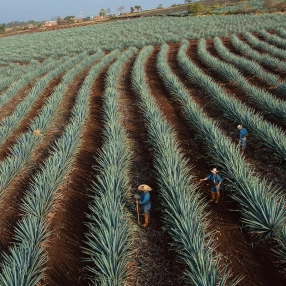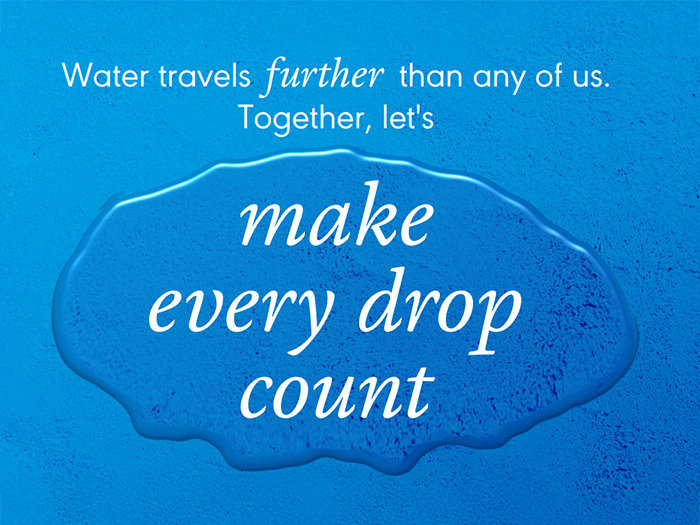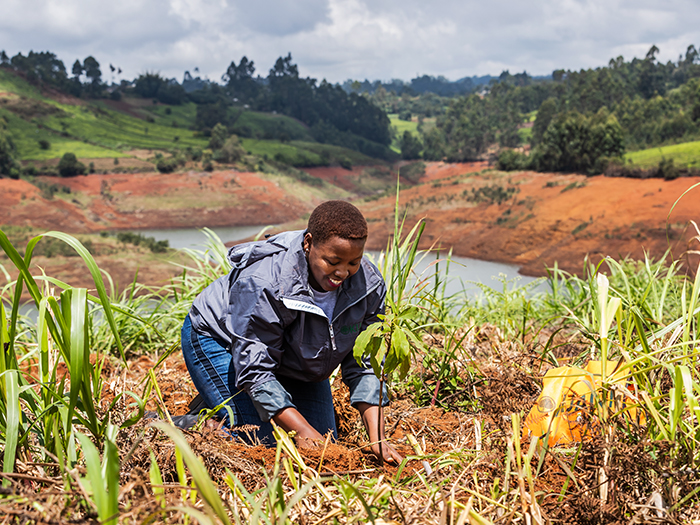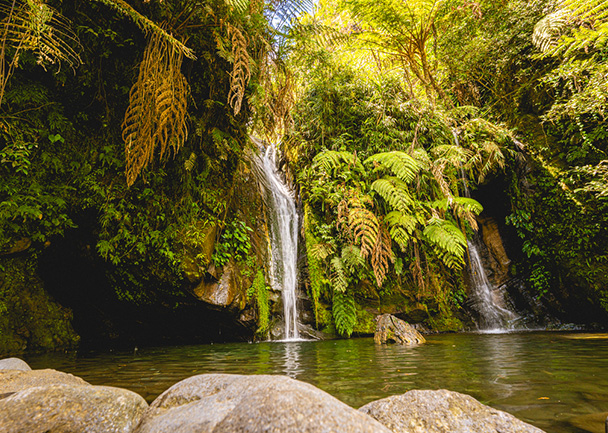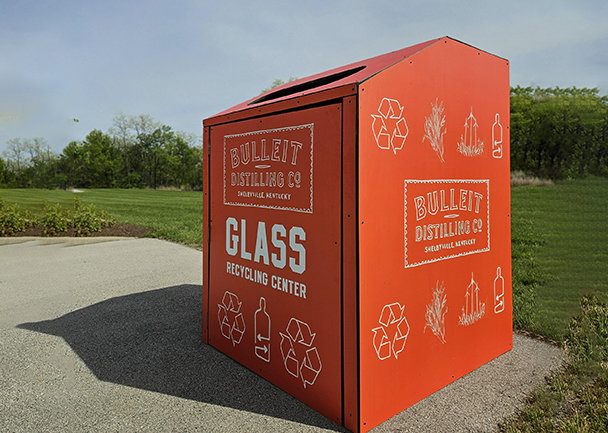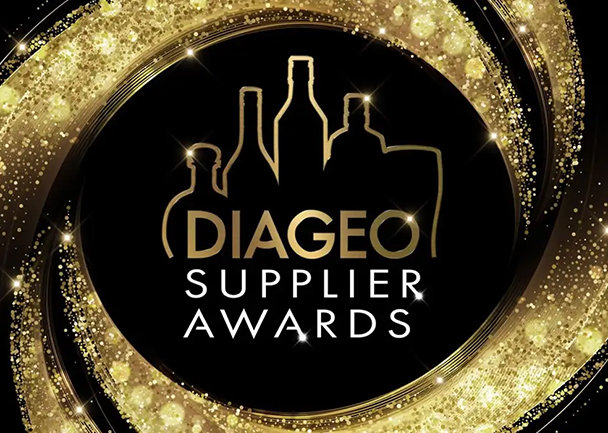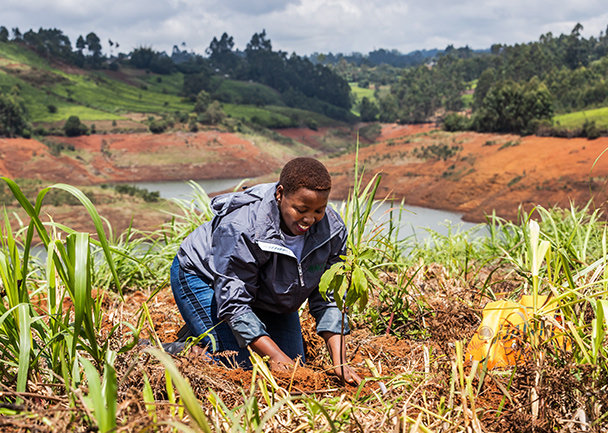We’re a global leader in premium drinks, the most exciting consumer products space.
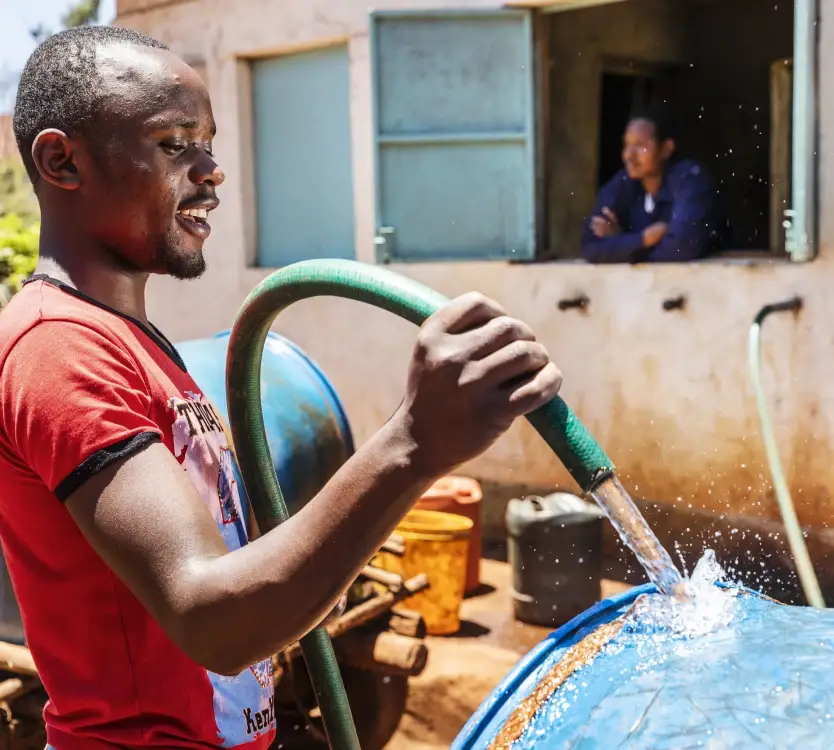
Overview
Water is the most important ingredient in our products and it’s been a longstanding priority for us. It is also a precious shared resource that is facing increasing pressure in many parts of the world caused by the impacts of climate change and the competing demands for freshwater resources.
We recognise the climate crisis is a water crisis that requires us to build resilience and enable the growth of our business and communities. We have a strong track record as progressive water stewards and managing our impact on water, and we continue to do more. This year, we’ve undertaken a detailed review of our water strategy to assess how we’re addressing risks and opportunities and to further accelerate our impact and approach. We have a four pillar strategic approach, focusing on operations, supply chain, communities and advocacy. This enables us to have a holistic approach with the integration of water, climate, people and nature into our strategy.
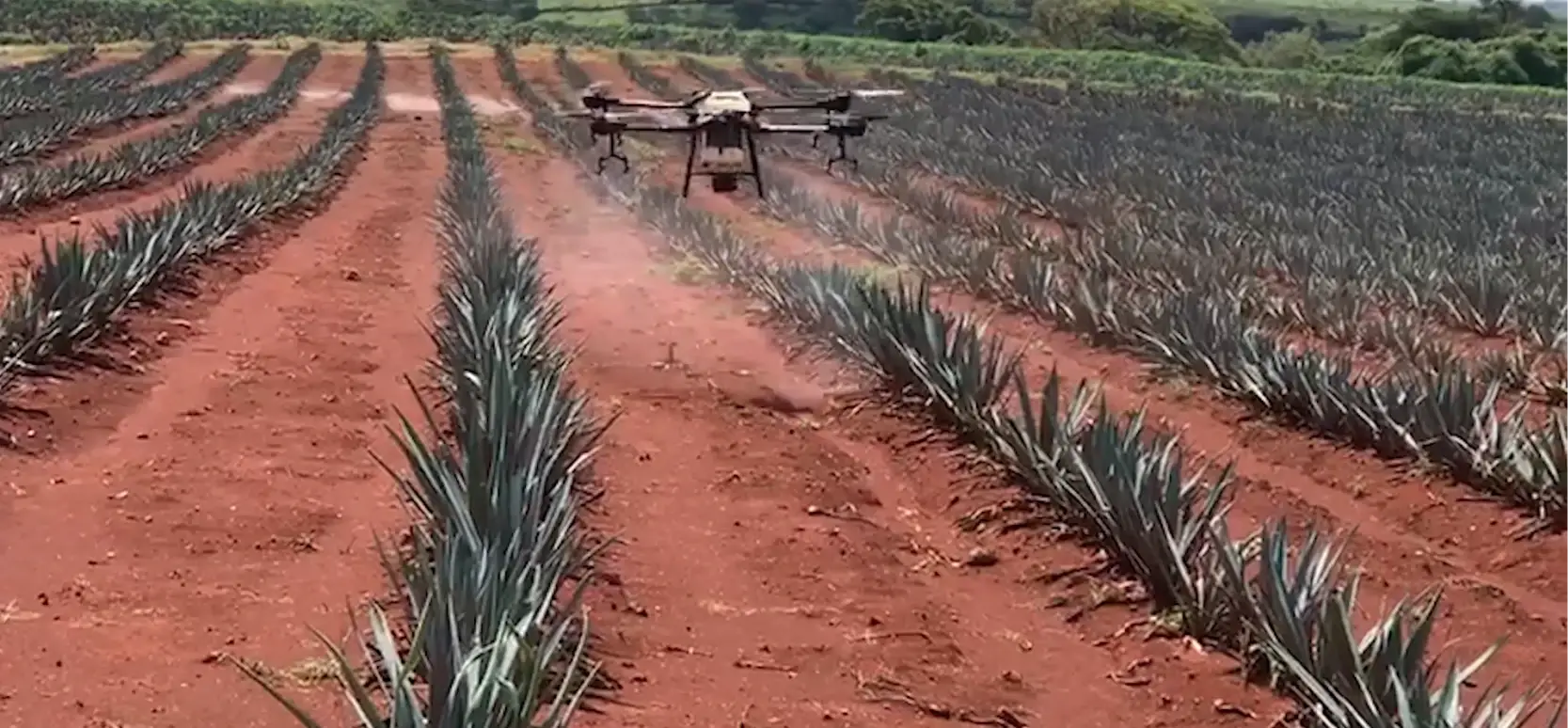
Our ambition is to deliver best-in-class water management in our sites and operations.
Water is essential to our production processes and is used widely throughout our value chain – it’s in every product we make. We also use water to clean, cool, lubricate, convey, heat, pasteurise, germinate and steep.
As part of our Spirit of Progress action plan we will build on recent water-use achievements in our operations through continuous improvement, efficiency projects and behavioural change, to conserve water wherever possible. We will also continue to invest in water recycling and reuse, to improve our water efficiency across our sites, prioritising sites in water-stressed areas.
Water quality is equally important to us. It demands a context-based approach, so we will apply a new Diageo Water Management Standard, exploring opportunities to use co-products and implementing nature-based solutions to minimise our environmental impact.
Our Spirit of Progress targets:
- Reduce water use in our operations with a 40% improvement in water use efficiency in water-stressed areas and 30% improvement across the company
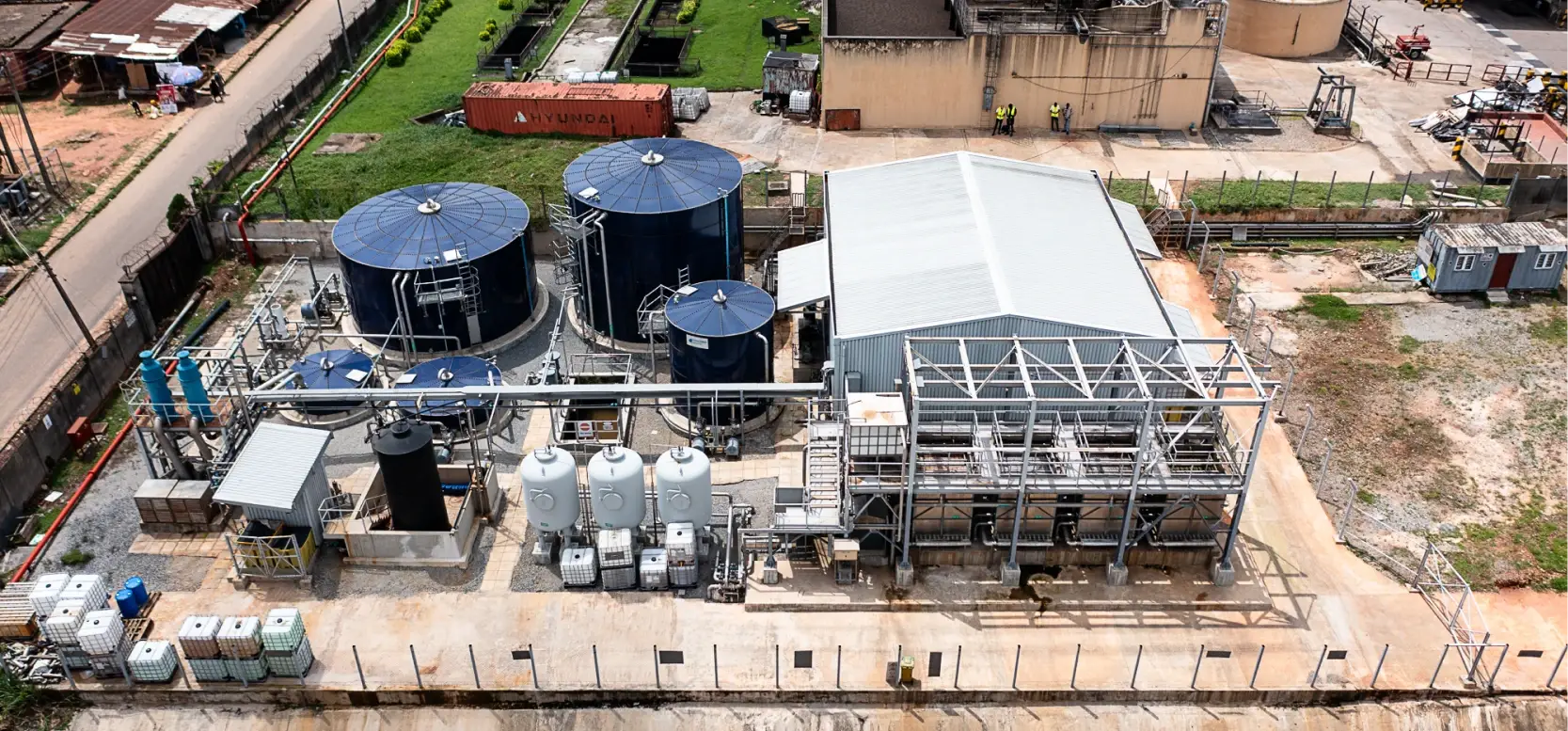
Climate, water and regenerative agriculture are strongly connected.
We will continue our work to influence indirect water use in our agricultural supply chains. This includes mapping our water use and integrating water and nature priorities in our regenerative agriculture programmes, especially with smallholder farmers. This helps us make our overall supply chain more resilient and support vulnerable communities and ecosystems, particularly in water-stressed areas.
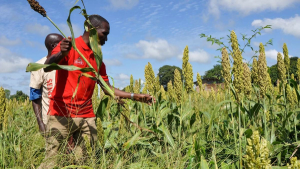
We’re also extending our replenishment and collective action programmes to include third party operators and key suppliers in our most at-risk basins, which includes expanding our list of priority basins from 12 to 20 basins.
Our Water Stewardship guidance for suppliers complements the Partnering with Suppliers guidance.
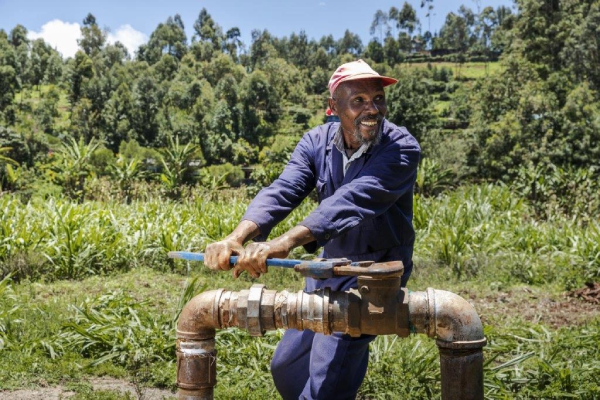
We have a long tradition of investing in local communities. Partnership, collective action, and collaboration is at the heart of our strategy and are key to achieving our ambition to help deliver SDG 6 - Clean Water and Sanitation for All.
Our Spirit of Progress targets:
- Replenish more water than we use for operations in water-stressed areas
- Engage in collective action in all of our Priority Water Basins to improve water accessibility, availability and quality and contribute to a net positive water impact
- Invest in improving access to clean water, sanitation and hygiene (WASH) in communities near our sites and local sourcing areas in all of our water-stressed markets
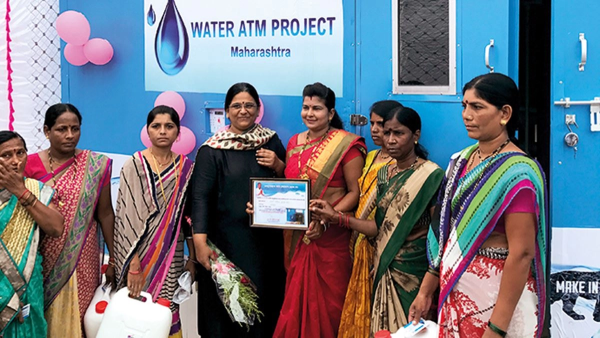
Our water replenishment programme continues to deliver positive results and we have a long tradition of investing in local communities with over two decades of providing access to clean water, sanitation and hygiene (WASH) and, since 2015, a comprehensive water replenishment programme in water-stressed areas, including reforestation, desilting dams, aquifer recharge and rainwater harvesting.
In fiscal 23, we reached our 2030 WASH target, meaning all nine of the markets included in our target invested in WASH projects since 2020. We will now maintain this commitment, investing every year to 2030 to ensure our projects deliver measurable improvements and solutions to local water issues, and engage and empower local communities, particularly women.
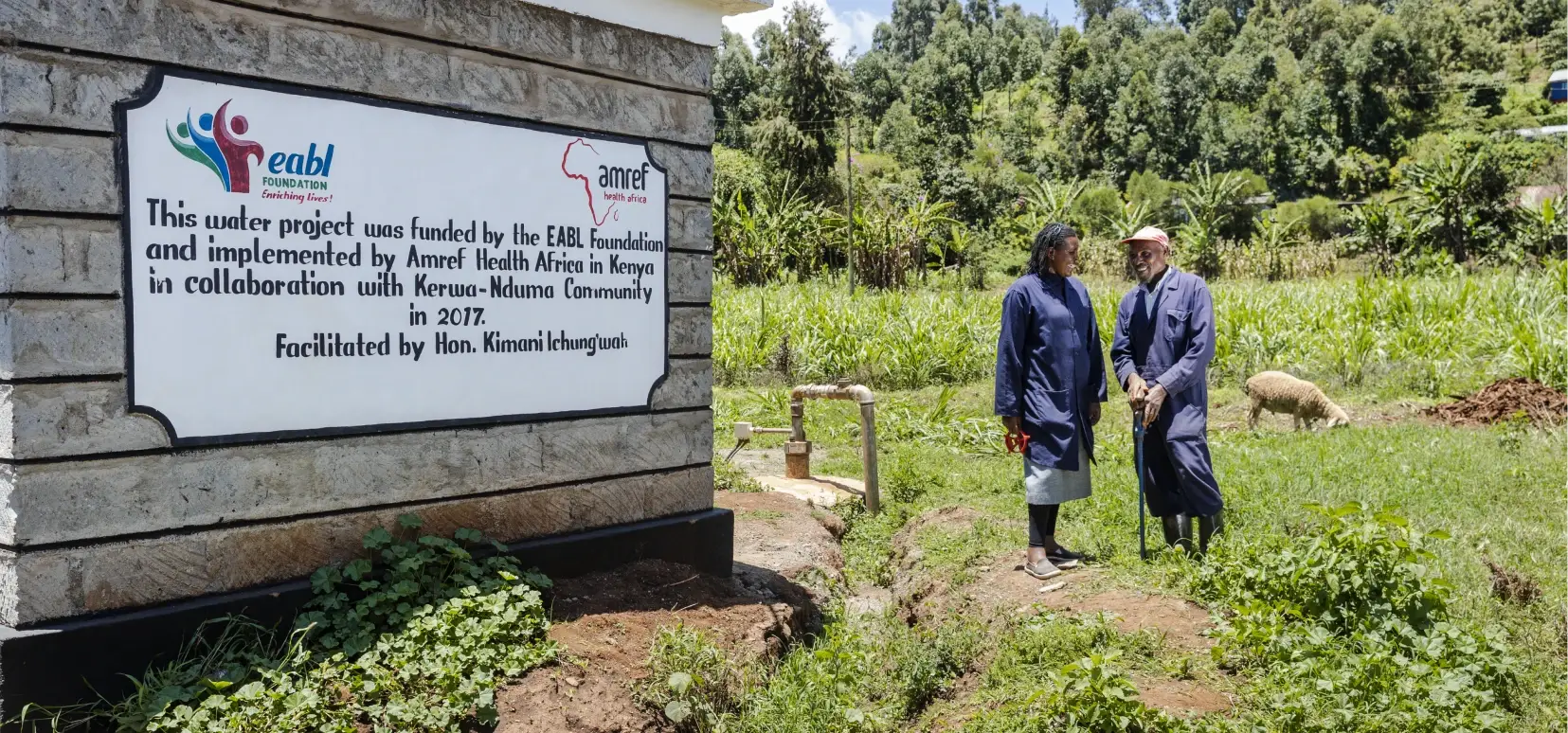
We will advocate as global water pioneers to lead the business community.
We recognise the role climate change and the nature crisis has in disrupting the water cycle, and we believe good water stewardship plays an integral part in managing climate risk and adaptation. As founding members of the
Water Resilience Coalition and active members of the Alliance for Water Stewardship, we have pledged, though collective action, to help reduce impact in water-stressed basins, develop and support leading water resilience practices, raise awareness and encourage action - by all stakeholders.
Water is under pressure around the world, and the issues around preserving it are challenging and complex. It will take multilateral action to address the challenge of the water, climate and nature crisis. At COP28 and previous COPs, we were among businesses calling for more action on water and climate resilience. We also regularly attend the New York Climate Week, World Water Week in Stockholm and other key global events to share our ambition and learnings, and advocate for more companies and partners to scale up collaboration.
To support this ambition, we have strategic partnerships including with WaterAid and The Nature Conservancy who are valuable partners to help drive global and local progress.
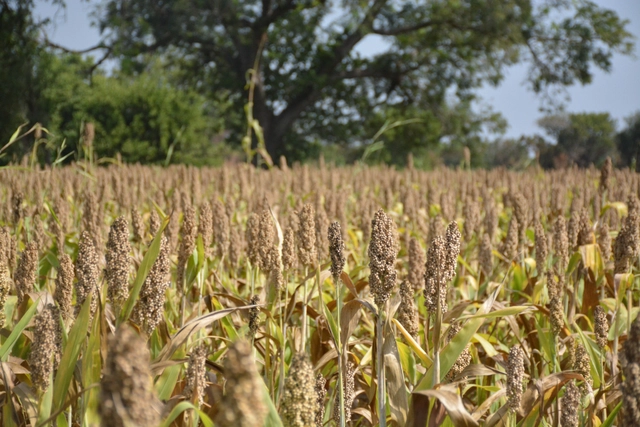
We take an integrated approach across our water, nature and biodiversity impact.
Many of our distilleries, breweries and other sites are surrounded by valuable ecosystems supporting a wide range of plant and animal species that can also be vital to the livelihoods of local people.
It is important we take responsibility for the impact our business has on these ecosystems and the wider environment, particularly when it comes to our main raw materials. Where appropriate, we endeavour to measure and report our impact, mitigate the risks and work towards a positive environmental contribution.
We are actively engaged in the development of Science Based Targets for Nature, and seek to apply the emerging standard to our supply chain to better understand our nature related impacts, dependencies and risks to be disclosed under forthcoming recommendations from the Taskforce for Nature-related Financial Disclosure.
Several of our sites are also in, or close to, the habitats of species that are designated as threatened by the International Union for Conservation of Nature. In all cases, we are managing these sites in accordance with our licence conditions and the expectations of local stakeholders.
The use of water in areas that are water-stressed has particular consequences for biodiversity. Our preserve water for life strategy focuses on an integrated approach to corporate water stewardship, with a specific emphasis on water-stressed areas.
Sixteen of our production sites are associated with wetlands designated under the Convention on Wetlands of International Importance (the RAMSAR Convention). In each of these sites we endeavour to monitor the local issues specific to our sites and are implementing technologies that improve water efficiency and the quality of wastewater. We are also committed to collective action and exploring the potential for collaboration with other industries and stakeholders to encourage more effective water catchment management practices.
Our manufacturing operations can generate emissions that impact the environment.
We have made progress in eliminating ozone-depleting substances from our operations. However, some substances, including hydrochlorofluorocarbons (HCFCs), are inherent components of equipment and small quantities are emitted through their use and maintenance.
A small number of our sites have nitrogen oxides (NOx) and sulphur oxides (SOx) air emissions associated with the roasting and kilning of cereals, used to flavour some of our brands. These emissions are measured but are minimal to our overall total NOx/SOx levels, which remain low compared with background NOx and SOx data.



